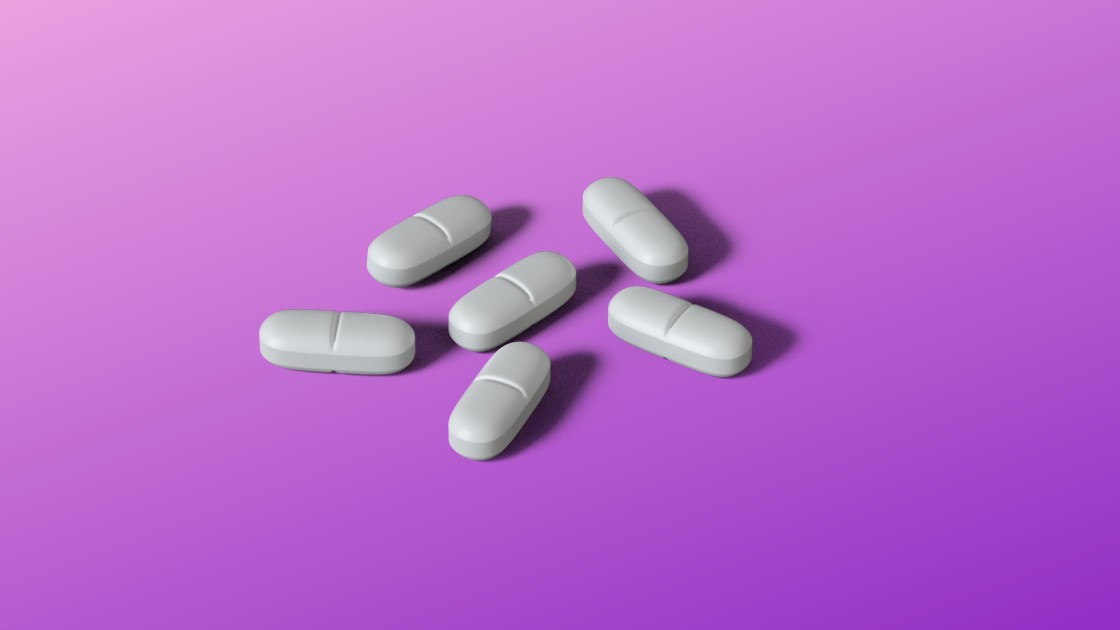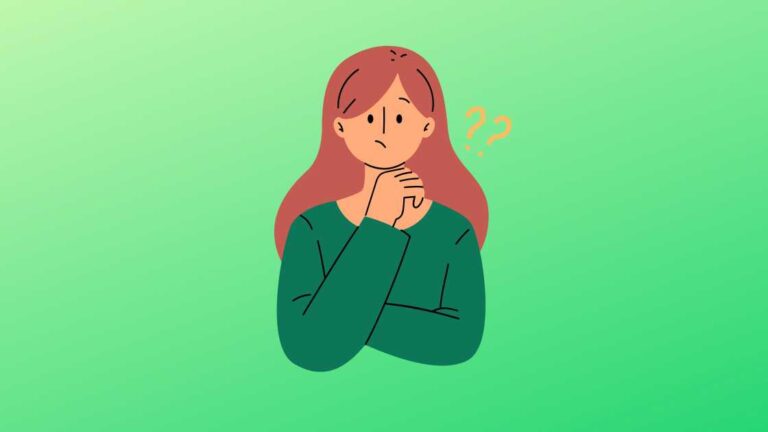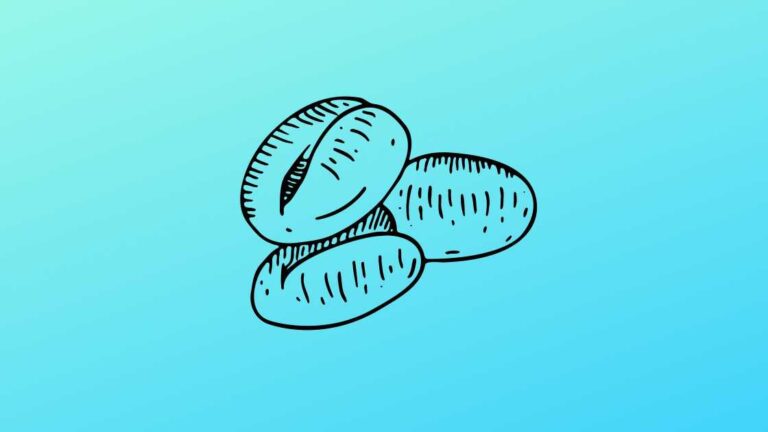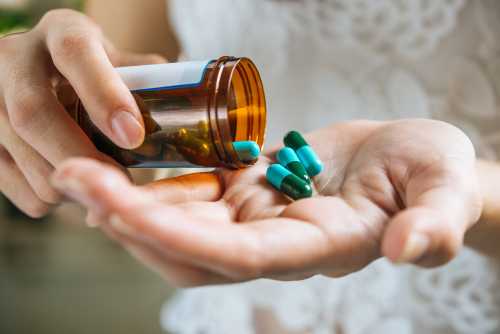The prescription medication Carvedilol oral tablet is sold under the trade name Coreg. High blood pressure is treated using the oral tablet form of carvedilol. If you’ve had a heart attack or have heart failure, it can also enhance how well your heart functions. For heart disease and other heart conditions including high blood pressure, there are numerous treatments available.
Although there are many natural remedies for heart problems, such as dietary and lifestyle adjustments, there may come a time when you’re advised to use prescription medication.
Maintaining a balanced diet while taking drugs can help patients get the most out of any prospective advantages and enhance their general health. To find out what foods to avoid when taking carvedilol, keep reading.
What is carvedilol?
A drug called carvedilol is used to treat heart failure and high blood pressure. Both Coreg and Coreg CR are popular brand names for this medication.
If you recently had a heart attack, carvedilol may also be administered to assist your heart pump blood more effectively. Additionally, it can lessen angina by increasing the blood flow to your heart.
How does carvedilol work?
The class of drugs known as beta-blockers includes carvedilol. The action of chemicals like epinephrine (adrenaline), which stimulates your heart and causes it to beat more quickly, is blocked by beta-blockers, which reduce your heart rate.
Your heart contains beta-1 receptors, whereas other muscles in your body contain beta-2 receptors. Being a non-selective beta-blocker, carvedilol prevents both beta-1 and beta-2 receptors from functioning.
Your heart can pump blood more effectively and reduce blood pressure by slowing down. For this reason, carvedilol is prescribed in congestive heart failure and other types of heart failure. In addition to reducing blood pressure, carvedilol can help your blood arteries expand.
Foods to avoid when taking carvedilol
For carvedilol, there are no well-known dietary or medication interactions. Beta-blockers may modestly raise your blood’s potassium levels, but not by enough to make you need to consume less potassium overall.
A study found that less than 5% of people who take beta-blockers will develop excessive blood potassium levels.
Similarly, there is no need for restricting or avoiding foods high in vitamin K when using carvedilol. A substance called vitamin K facilitates blood coagulation.
Unless otherwise directed by your healthcare professional, you don’t need to worry about vitamin K intake when using carvedilol, whereas those taking the blood-thinning medicine warfarin should be consistent with it.
Even though there are no documented adverse interactions between carvedilol and any specific meals, there are several foods to avoid when taking carvedilol since they may affect your heart health, such as:
Caffeine
Caffeine is a stimulant that can cause your heart to beat quicker and your blood pressure to rise. Caffeine in moderation is normally healthy for heart patients, but if you have heart failure, high blood pressure, or other health concerns, you should be cautious about how much caffeine you drink.
Certain forms of soda, coffee (including drip coffee and espresso), energy drinks, and caffeine teas are examples of caffeinated drinks (green and black tea). Caffeine may also be present in some supplements.
Saturated fat
Your LDL cholesterol, or bad cholesterol, may increase if you consume saturated fat. Your risk of heart disease can rise if your LDL cholesterol levels are high.
Although it can be found in some plant foods, saturated fat is typically found in animal foods like high-fat meat and whole-fat dairy products (mainly coconut and palm fruit).
While eating some saturated fat is acceptable, try to limit your intake to less than 10% of your total calorie intake (less than 22 grams for a 2,000-calorie diet).
Alcohol
It is not recommended to consume excessive amounts of alcohol while using beta-blockers such as carvedilol. Because carvedilol also reduces blood pressure, you may acquire low blood pressure as a result of drinking alcohol.
If you consume excessive amounts of alcohol while taking carvedilol, you may have low blood pressure symptoms such as dizziness, exhaustion, blurred vision, inability to concentrate, and fainting.
Foods high in sodium
Avoid high-sodium foods if you are on carvedilol and have high blood pressure. Sodium (commonly known as salt) causes your body to retain water, raising your blood pressure and making your heart work harder.
Sodium can be present in a variety of processed and convenience meals, including fast food, frozen entrees, canned soups, and deli meats. Other sodium sources, such as bread, may not be as visible, but they can quickly pile up if consumed in large quantities.
While consuming carvedilol, what foods are recommended?
When taking carvedilol, it is recommended to follow a heart-healthy diet. An eating plan that is high in heart-healthy foods can support normal blood pressure and cholesterol levels, lowering your risk of suffering a heart attack.
Seeds and nuts
Nuts and seeds are excellent sources of dietary fiber and beneficial fats. Magnesium, a mineral that supports normal blood pressure levels, is particularly abundant in several nuts. Magnesium aids in blood vessel relaxation, which lowers excessive blood pressure.
According to a study, using beta-blockers plus magnesium helped persons with high blood pressure lower their blood pressure. (Always with your doctor before using supplements if you’re on a prescription medication.) Compared to taking a supplement alone, getting magnesium through whole foods like nuts and seeds offers extra health advantages like fiber, protein, and good fats.
Veggies and fruits
Potassium, a mineral that helps relax your blood vessels and enhance blood flow, is frequently found in fruits and vegetables.
Beets
One of the best sources of natural nitrates is beets. Nitric oxide, which is produced by your body from nitrates and aids in bettering blood flow and circulation.
If you don’t like beets, beetroot juice might offer similar advantages. Regardless of body mass, drinking beetroot juice boosted the metabolism of nitric oxide in both men and women.
Salmon
Omega-3 fatty acids, often known as healthy fats, are abundant in salmon and are good for your heart. The inflammation that can lead to heart disease, including heart attacks and strokes, is combated by omega-3 fatty acids.
Summary
The main conditions that cause high blood pressure, heart failure, and other cardiac issues are treated with the beta-blocker carvedilol. No particular foods interact poorly with carvedilol in any known way. However, maintaining a heart-healthy diet while taking carvedilol can aid in supporting heart health by encouraging normal blood pressure levels.
Frequently asked questions (FAQs)
When should I take Carvedilol?
Beta-blockers are suitable for use in the morning, during meals, and at night. Carvedilol won’t be absorbed as rapidly if you take it with meals, which could lessen any negative effects.
When will it start to work?
After roughly an hour, carvedilol typically starts to take effect. But it won’t take long for it to have the full impact.
Taking carvedilol for high blood pressure may not make you feel any difference, but it does not indicate it is not working. It’s critical to continue taking your medication.
What are the side effects of carvedilol?
The side effects of carvedilol can happen to more than 1 in 100 people. The side effects of this drug are benign or mild. Common side effects include; headache, dizziness, fatigue and nausea.
Can I use carvedilol continuously?
The majority of users have no issues using carvedilol for a long time. In actuality, long-term use is the key to its effectiveness.
Pregnancy and carvedilol
Usually, it is not advised to take carvedilol when pregnant.
WRITTEN AND EDITED RESPECTIVELY BY:
Michael Sarfo
Michael Sarfo is a graduate of the University of Ghana, Legon. He is a content creator for enochkabange.com and a writer for Wapomu







Leave a Comment